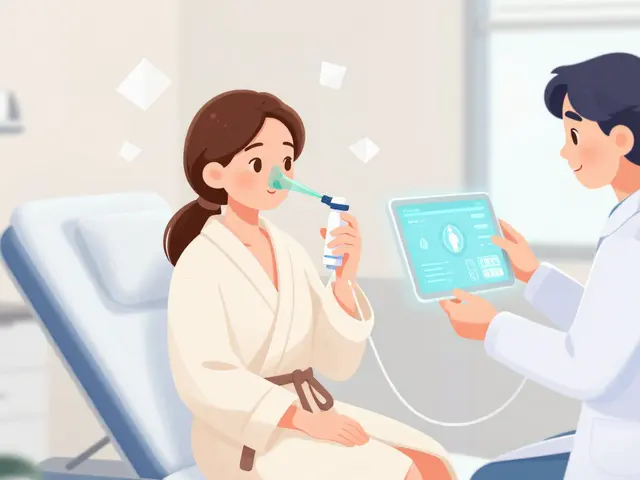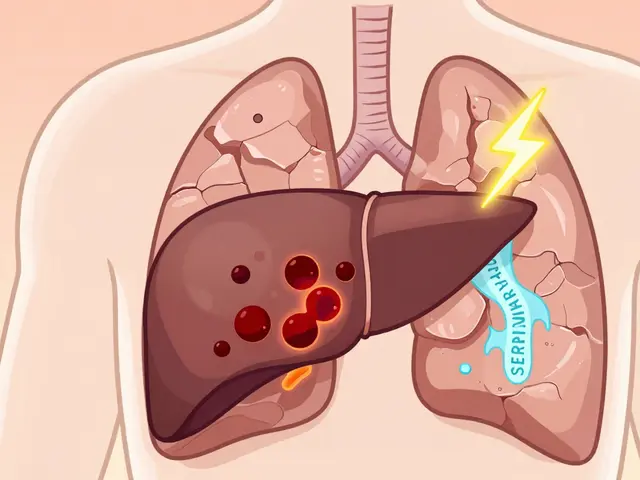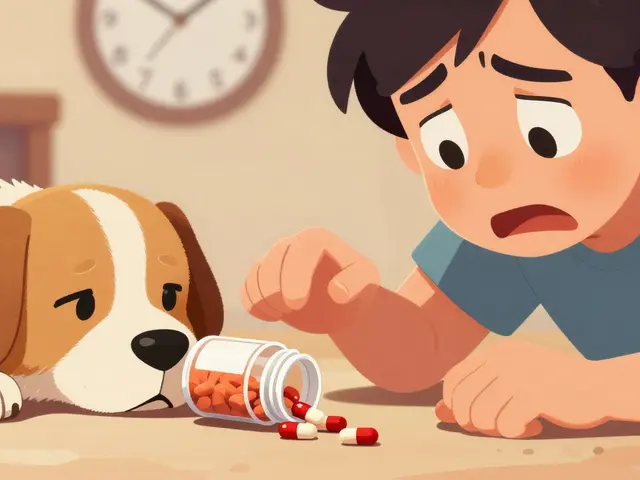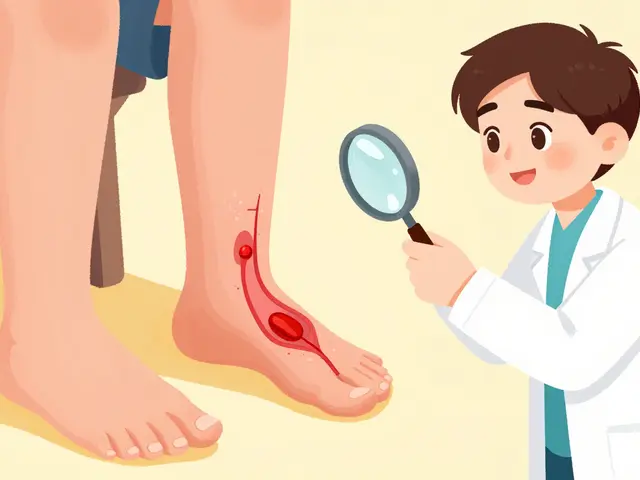Schizophrenia treatment: clear options and practical next steps
About 1% of people will face schizophrenia in their life. That can feel overwhelming, but treatment usually helps people reduce symptoms, stay safe, and get back to daily life. This page groups the main choices—what they do, what to watch for, and how to find reliable help.
Medication options and what to expect
Antipsychotic drugs are the backbone of treatment. They cut hallucinations, delusions, and disorganized thinking for most people. Drugs called "atypical" antipsychotics (like risperidone, olanzapine, quetiapine) are commonly used first because they often cause fewer movement side effects than older drugs.
Side effects matter. Weight gain, sleepiness, and changes in blood sugar or cholesterol are common with some meds. Movement problems (tremors, stiffness, or later, involuntary facial movements) can happen with older drugs or long use. Regular check-ups—weight, blood pressure, blood sugar—help catch problems early.
If a first drug doesn’t help or causes bad side effects, switching is normal. For people who don’t respond to two different antipsychotics, clozapine is the evidence-based next step. It works well for treatment-resistant cases but needs blood tests because of rare but serious risks.
Want alternatives to risperidone? We review up-to-date options and how they compare in our article "9 Alternatives in 2025 to Risperidone." That piece breaks down side effects, dosing, and who might prefer each option.
Therapy, support, and safety tips
Medication plus psychosocial care gives the best results. Cognitive-behavioral therapy for psychosis (CBTp) can lower distress from symptoms and improve coping. Family therapy, supported employment, and social skills training help with daily functioning and relationships.
Make a crisis plan early: list trusted contacts, preferred hospital, current meds, and any allergy or medical notes. That saves time and stress if symptoms spike.
Thinking of buying meds online? Be careful. Not all online pharmacies are safe. Look for clear contact info, verified reviews, and proper prescriptions. Our site has several reviews on online pharmacies and tips to spot scams if you need to order refills remotely.
Track symptoms and side effects using a simple checklist: sleep, appetite, mood, movement changes, and any new breathing or chest symptoms. Share that with your clinician—small notes often guide better choices than vague descriptions.
Questions to ask your doctor: What symptom will this drug help most? What side effects should I expect in the first month? How will we monitor safety? When should we consider switching or adding therapy?
Treatment for schizophrenia is personal. Work with a prescriber who listens, use psychosocial supports, and check safety regularly. If you want practical reading on specific drugs, alternatives, or safe online pharmacies, our linked guides on this site walk through those topics step by step.
Top 9 Alternatives to Aripiprazole: Exploring Effective Options
Discover nine alternatives to Aripiprazole, a popular antipsychotic medication. This article delves into options like Clozapine, exploring their benefits and drawbacks. With pros and cons for each choice, it's your guide to understanding other pathways in managing complex mental health conditions.
Read More





